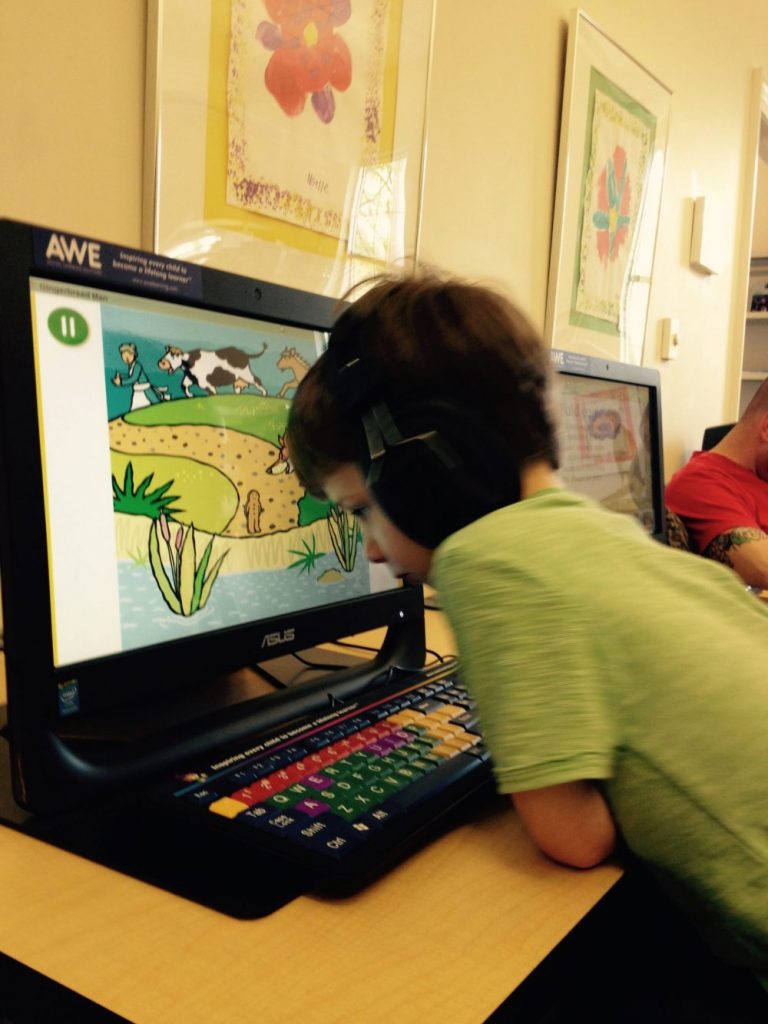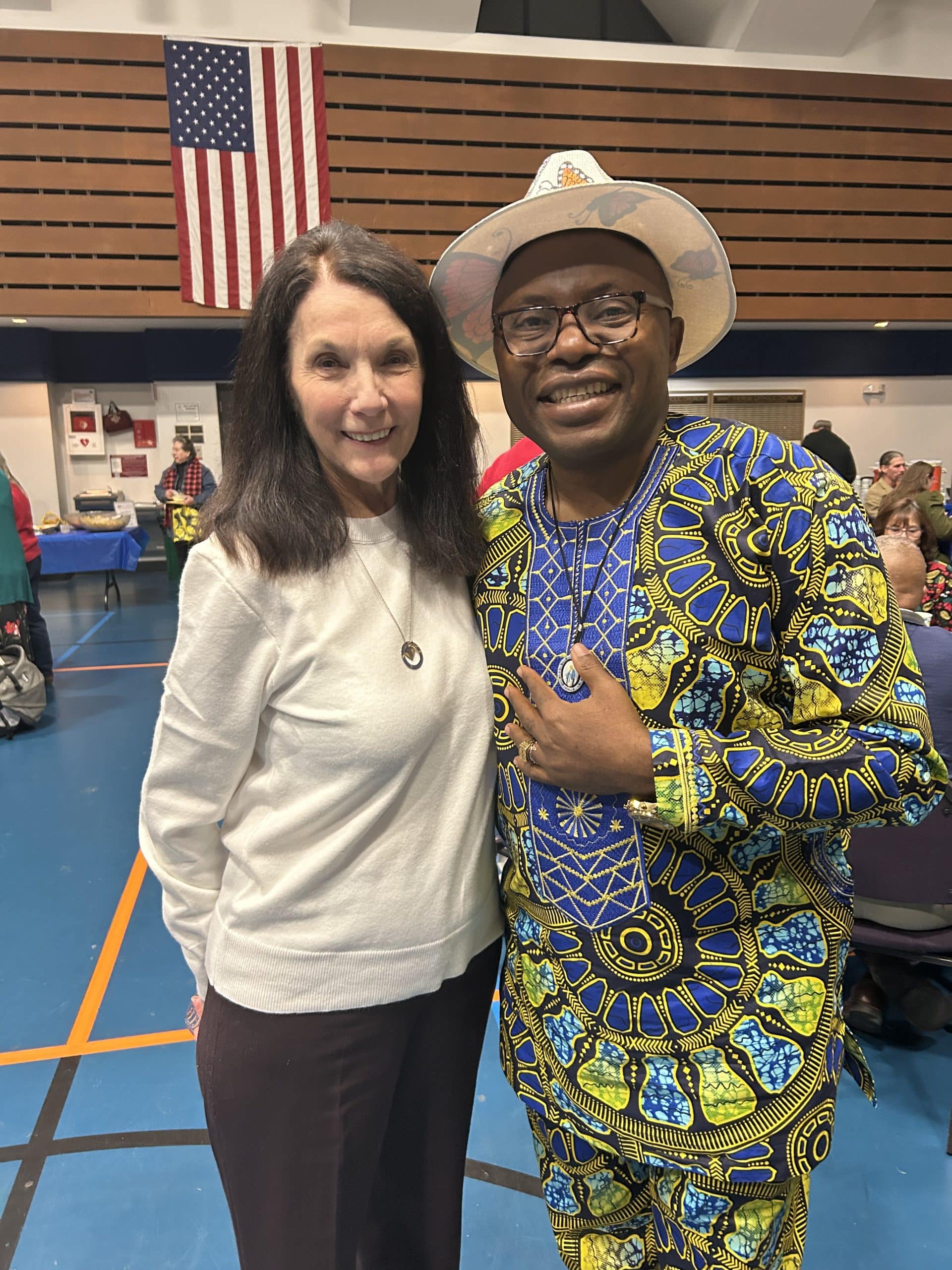Deeper learning is what all educators want for their students. Igniting a student’s curiosity to learn is important. Significantly, educators must provide students with opportunities to take on meaningful tasks. The problem arises that educators are under pressure to cover standards, teach so students pass proficiency tests, and many tasks besides teaching.
Deeper Learning Actions
There are certain ways for students to achieve deeper levels of learning. Teachers can guide students to think critically about concepts and ideas that connect to real-world problems.
- Start with clear goals. Students need to know the what and the how.
- Make topics that connect to students.
- Go further than basic standards. Provide expectations that include more content and performance.
- Gather in groups for collaboration, questioning sessions, and discussions. Also, consider inviting experts to speak.
- Provide a chance for students to demonstrate their mastery of the goal. Thus, students have ownership of their accomplishments.
- Authentic tools and resources must be provided to ignite creativity, authenticity, and choices.
- Lastly, provide feedback throughout the process.
Deeper learning redefines learning in the 21-century. It gives students direction to good citizenship. It provides a path for living and working in the future. additionally, it gives students the advanced skills necessary. Also, it provides them with the skills to be productive citizens.
Approaches to Deep Learning
One way to achieve deep learning is Project-Based Learning. This gives students a chance to design a problem, research, conduct an experiment, and present a product. Also, guided inquiry gives students deeper content understanding.
A deep approach to learning gives meaning to content. Therefore, students need encouragement to find answers through research, discussions, to ask questions, and to present evidence.
Deep learning is not only geared to older students. Deeper learning happens at all levels. Also, it happens in all subjects and with all programs. Students cannot meet real-world problems face-to-face with simple skills. Surface skills are not enough. The learning must be deeper.




